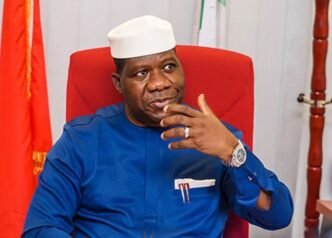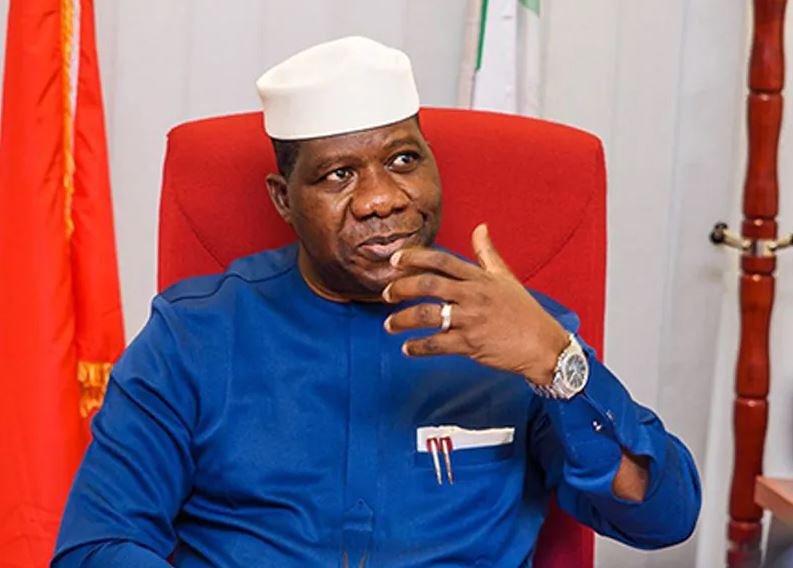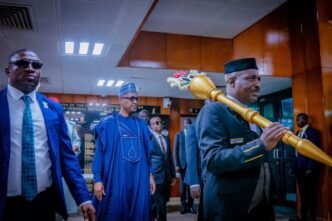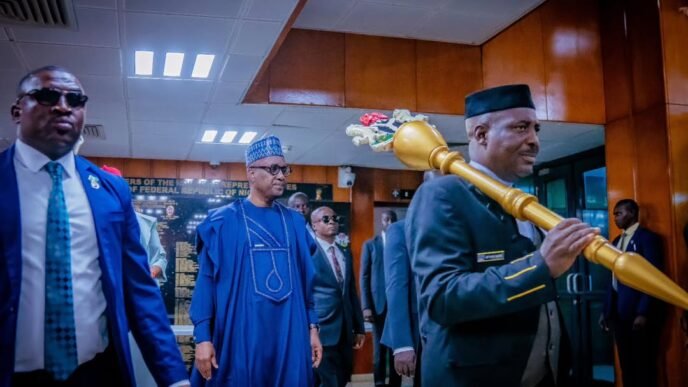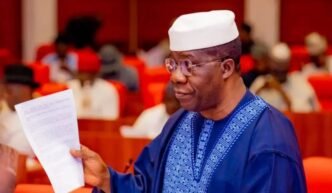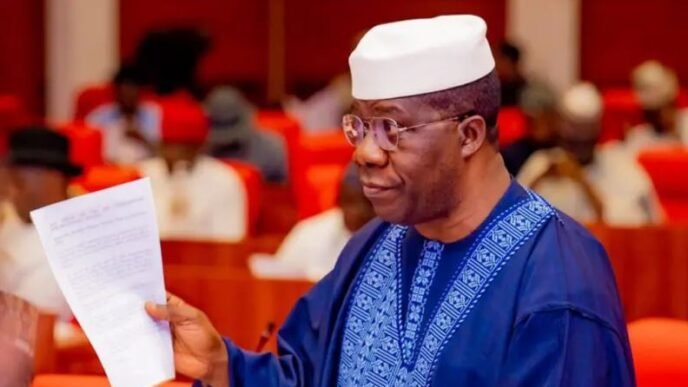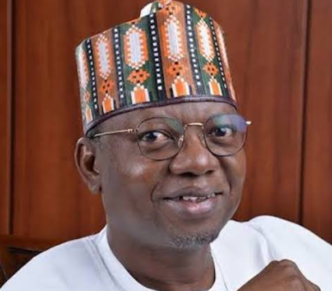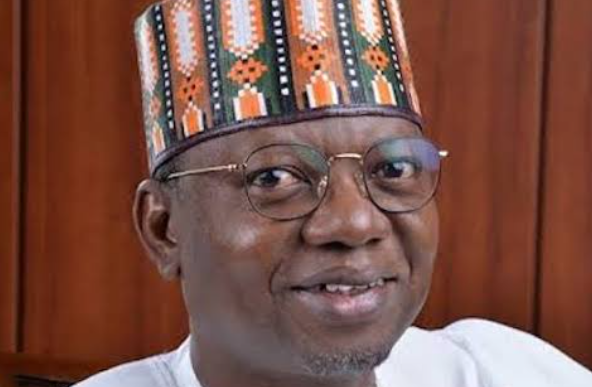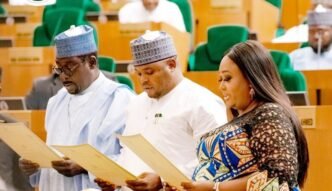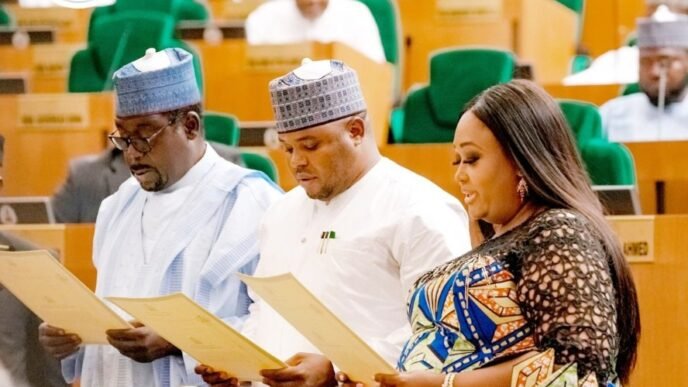Bill Sponsor: Sen. Bamidele, Michael Opeyemi (Ekiti Central-Senate Leader)
Bill Progress: First Reading
The National Inland Waterways Authority Act (Repeal & Enactment) Bill, 2025, commonly referred to as (HB. 790), aims to revamp the framework governing Nigeria’s inland waterways—a vital sector for trade, transportation, and the economy as a whole.
The National Inland Waterways Authority (NIWA) governs the management, regulation, and development of inland waterways in Nigeria. Established to focus on the sustainable use of these waterways, the current law was enacted under Cap. N47 LFN 2004. However, over time, gaps and challenges have emerged in the existing framework. These include conflicts in jurisdiction between federal and state authorities and limited participation of the private sector in waterway initiatives.
The intent of HB. 790 is clear: to repeal the existing NIWA Act and put forth a new legal framework that addresses these issues. By modernizing the objectives and functions of the authority, this bill aims to clarify roles, enhance efficiency, and foster an environment conducive to private investment. The focus is on creating a coherent policy that will streamline management operations, therefore enabling better resource allocation and infrastructure development.
Given the societal and economic implications of the National Inland Waterways Authority Act, stakeholders across various sectors are monitoring its journey closely. The waterways serve as a critical transport route for goods and services, and the current regulatory structure is vital for ensuring safety, efficiency, and environmental sustainability. By promoting private sector participation, the bill has the potential to stimulate economic growth and innovation in infrastructure.
Those in favor of the bill argue that a well-structured and modernized NIWA Act can bring Nigeria’s waterway regulations in line with international best practices. This could lead to a more integrated transport network within the region, enhancing connectivity between riverine communities and markets, thus improving trade and economic activities. Furthermore, it is anticipated that the changes proposed in HB. 790 could better equip the NIWA to handle inter-governmental conflicts and streamline operational authority.
Looking ahead, there is an expectation that more discussions and consultations will unfold as the bill progresses in the Senate. The legislative journey often includes stakeholder engagements, where representatives from various sectors, including environmental groups, riverine communities, and business stakeholders, are given a platform to provide input.
The National Inland Waterways Authority Act (Repeal & Enactment) Bill, 2025, represented by HB. 790, signals an important phase in the evolution of Nigeria’s inland waterways governance. Its passage through the House of Representatives and introduction in the Senate marks a significant step towards modernizing and reforming the existing framework. As both chambers engage in further discussions and scrutinize the bill, the insights shared by all stakeholders will be vital for ensuring that the end outcome not only addresses existing challenges but also paves the way for sustainable growth in Nigeria’s waterways sector. The future of the bill remains uncertain, but it’s implications for Nigeria’s waterways and economic landscape are profound.
